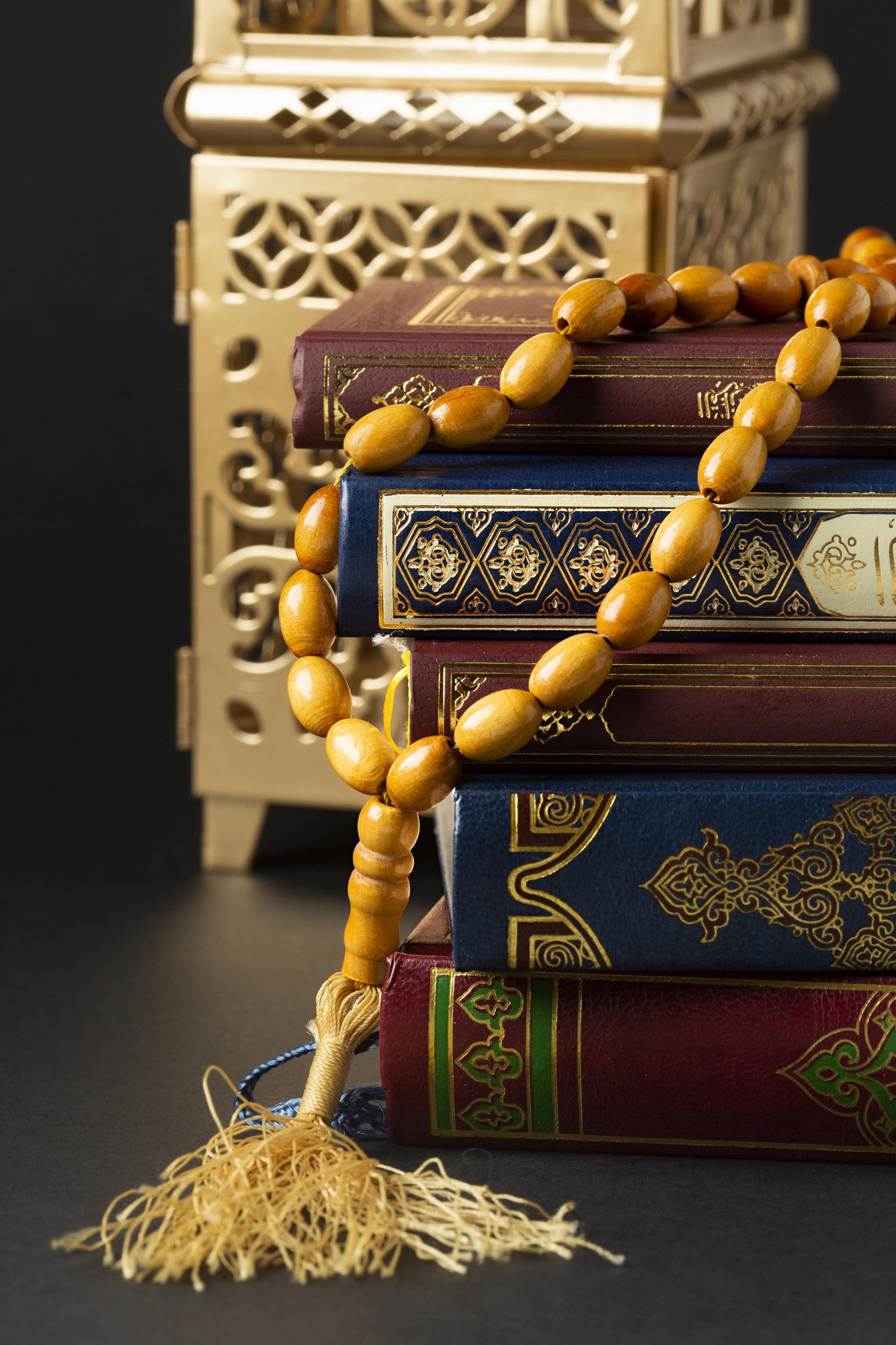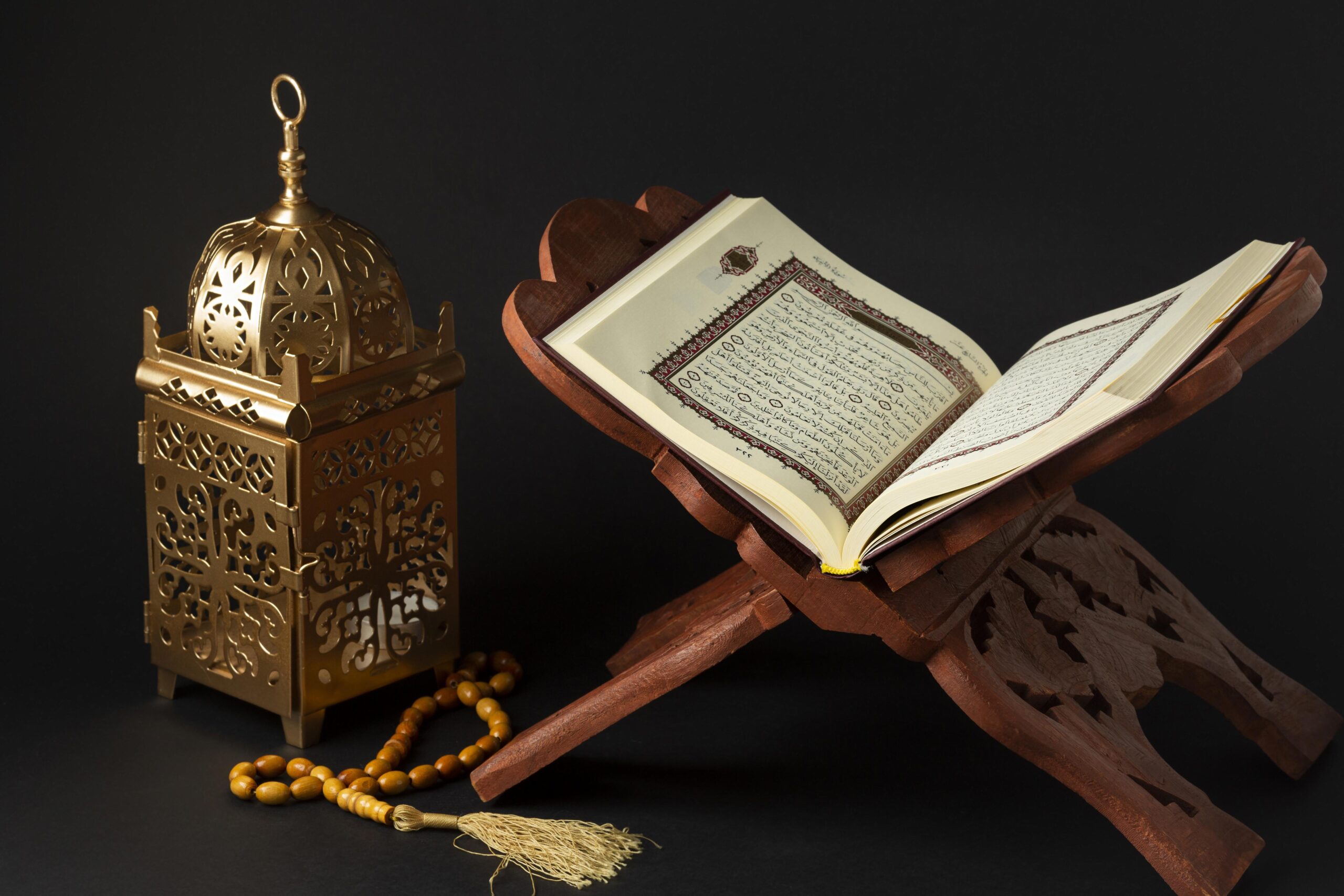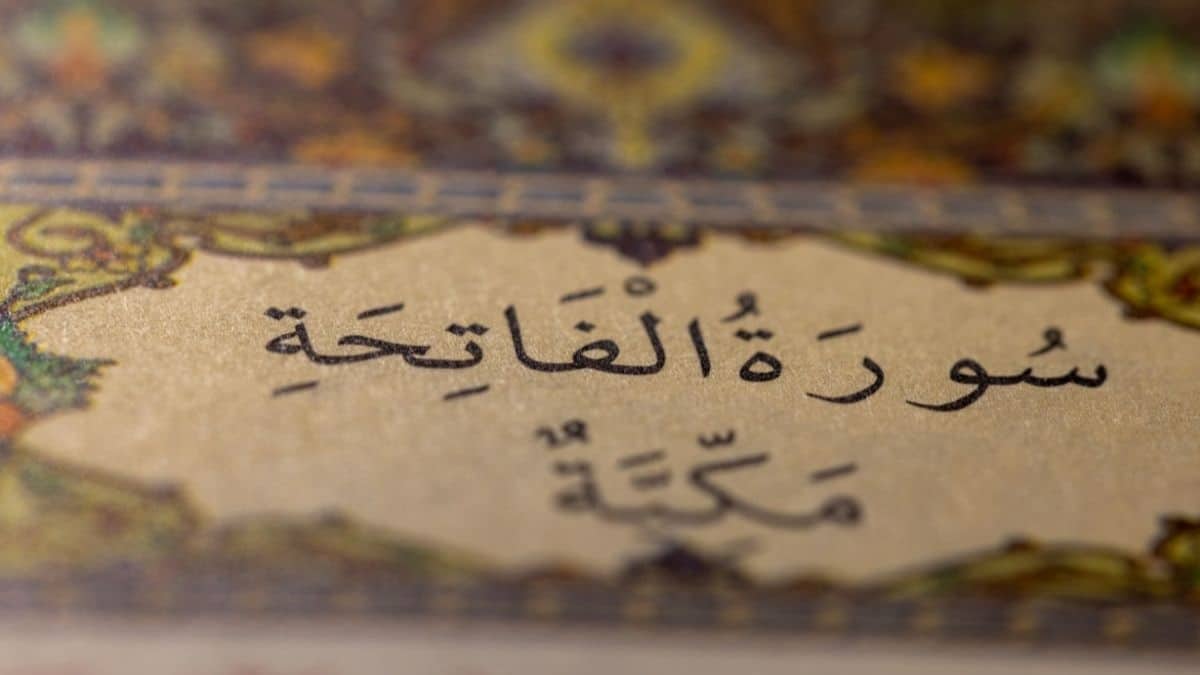Benefits of Memorizing the Qur’an (Hifz)
There are many rewards and benefits of reciting, memorizing, teaching, and implementing the Qur’an. We’re living in a time where our Deen is being challenged from multiple avenues, both internally and externally. Amongst these challenges is the idea that the Qur’an no longer needs to be memorized. It’s important to address these.
In this article, I’ll be sharing the rewards and benefits of memorizing the Qur’an in light of scripture, tradition, and experience. The focus won’t be on the “why.”
Memorizing the Qur’an gives you a higher rank
In ahadith ranked as ‘sahih’ narrated by Sayyiduna ‘Uthman ibn ‘Affan (Allah be pleased with him), the beloved Prophet (peace be upon him) conveyed that:
خَيْرُكُمْ مَنْ تَعَلَّمَ الْقُرْآنَ وَعَلَّمَهُ
“The best among you are those who learn the Qur’an and teach it.” (Sahih al-Bukhari)
إِنَّ أَفْضَلَكُمْ مَنْ تَعَلَّمَ الْقُرْآنَ وَعَلَّمَهُ
“Indeed, the most superior among you are those who learn the Qur’an and teach it.” (Sahih al-Bukhari)
أَفْضَلُكُمْ مَنْ تَعَلَّمَ الْقُرْآنَ وَعَلَّمَهُ
“The most excellent of you is the one who learns the Qur’an and teaches it.” (Ibn Majah)
إِنَّ خَيْرَكُمْ مَنْ عَلَّمَ الْقُرْآنَ أَوْ تَعَلَّمَهُ
“The best of you is the one who teaches Qur’an or learns it.” (Musnad Ahmad)
The Islamic tradition is rooted in seeking and spreading knowledge. It is ‘knowledge’ that raises your rank. Seeking knowledge of the Qur’an is the greatest knowledge. The virtues and incredible treasures of the Qur’an are infinite. In these traditions, the use of the verbs ta’allama (learn) and ‘allama (teach) are significant. Words that use this format (fa’ala/tafa’ala) in Arabic are used for an action that has a continuity of effort and time. When the Prophet (peace be upon him) said the best are those that learn/study and teach the Qur’an, it is those who do so continuously. They make effort and struggle in doing so. Of course, this is a virtue that isn’t limited to those who memorize.
There are other hadith that mention the rank of the one who has memorized the Qur’an. Specifically, that they are worthy of being envied, of leading others in prayer, and in a weak hadith, regarded as the ‘ashraf’ (the noble) of the ummah. In another, it is mentioned that those who would be the carriers (Hamil) of the Qur’an will be the leaders of the People of Paradise on the Day of Judgment (al-Mu’jam al-Kabeer).
Memorizing the Qur’an Gives You Priceless Friendships
In Sunan Ibn Majah as narrated by Ibn Buraydah, the beloved Prophet (peace be upon him) said:
يَجِيءُ الْقُرْآنُ يَوْمَ الْقِيَامَةِ كَالرَّجُلِ الشَّاحِبِ فَيَقُولُ أَنَا الَّذِي أَسْهَرْتُ لَيْلَكَ وَأَظْمَأْتُ نَهَارَكَ
“The Qur’an will come on the Day of Judgment, like a pale man, and will say: ‘I am the one that kept you awake at night and made you thirsty during the day.’” (Hadith is Hasan)
This hadith highlights another virtue for the one who is memorizing or memorized the Qur’an. Imam as-Suyuti, in explanation of this hadith, states that the Qur’an will come in such a form so as to resemble the condition of its companion in this world. Or in the same way that the color and complexion of the companion of the Qur’an changes due to him/her exerting himself/herself in upholding the Qur’an, so too will the appearance of the Qur’an be altered due to its exerting itself in pleading on behalf of its Companion until it causes him to reach the highest of stations in the akhirah.
This means that the Qur’an will intercede for you in your hour of need. If you are memorizing the Qur’an, you will spend day and night in memorizing and revising it. You keep close to it throughout your life. No matter what happens. No matter how tough things get, even if things go to zero, through thick and thin, money can’t buy you anything as priceless. The Qur’an will always have your back. Show it love, and it will return you multifold.
This is a priceless friendship. Through this engagement, you will also befriend others that are memorizing the Qur’an – what a friendship that is.
Memorizing the Qur’an Gives You an Audience with Allah
In Jami’ at-Tirmidhi, a sahih tradition narrated by Abu Hurayrah (Allah be pleased with him) says:
يَجِيءُ الْقُرْآنُ يَوْمَ الْقِيَامَةِ فَيَقُولُ يَا رَبِّ حَلِّهِ فَيُلْبَسَ تَاجَ الْكَرَامَةِ ثُمَّ يَقُولُ يَا رَبِّ زِدْهُ فَيُلْبَسَ حُلَّةَ الْكَرَامَةِ ثُمَّ يَقُولُ يَا رَبِّ ارْضَ عَنْهُ فَيَرْضَى عَنْهُ فَيُقَالُ لَهُ اقْرَأْ وَارْقَ وَيُزَادُ بِكُلِّ آيَةٍ حَسَنَةً
The Prophet (peace be upon him) said: “The Qur’an will come on the Day of Judgment (for its companion (who memorized it) and say: ‘O my Master, adorn him!’, He will then be crowned with a crown of nobility. Thereafter the Qur’an will plead, ‘O my Master, increase him (give more)!’ He will then be clothed in a garment of nobility. Thereafter the Qur’an will beg, ‘O my Master, be pleased with him!’ Allah will then be pleased with him. After that, he will be told, ‘Recite and ascend (the levels of Jannah)! And with each ayah [that you recite], you will gain another good deed.’
Another tradition in the same chapter of Jami’ at-Tirmidhi (‘Indeed, The One Who Does Not Have The Qur’an Inside Him (His Heart), Is Like The Ruined House’), he mentions:
يُقَالُ يَعْنِي لِصَاحِبِ الْقُرْآنِ اقْرَأْ وَارْتَقِ وَرَتِّلْ كَمَا كُنْتَ تُرَتِّلُ فِي الدُّنْيَا فَإِنَّ مَنْزِلَتَكَ عِنْدَ آخِرِ آيَةٍ تَقْرَأُ بِهَا
“It shall be said to the Companion of the Qur’an: ‘Recite, and rise up, recite as you would recite in the world. For indeed your rank shall be at the last ayah you recite.’
Memorizing the Qur’an Honors Your Parents
Not only does memorizing the Qur’an honor your parents and family in this world but also in the hereafter.
مَنْ قَرَأَ الْقُرْآنَ وَعَمِلَ بِمَا فِيهِ أُلْبِسَ وَالِدَاهُ تَاجًا يَوْمَ الْقِيَامَةِ ضَوْؤُهُ أَحْسَنُ مِنْ ضَوْءِ الشَّمْسِ فِي بُيُوتِ الدُّنْيَا لَوْ كَانَتْ فِيكُمْ فَمَا ظَنُّكُمْ بِالَّذِي عَمِلَ بِهَذَا
Mu’adh al-Juhaniy reported the Messenger of Allah (peace be upon him) as saying: “If anyone recites the Qur’an and acts according to its content, on the Day of Judgment his parents will be given to wear a crown whose light is better than the light of the sun in the dwellings of this world if it were among you. So what do you think of him who acts according to this?” (Musnad Ahmad and Sunan Abu Dawud)
مَنْ قَرَأَ الْقُرْآنَ، وتعلمه، وَعَمِلَ به، أُلْبِسَ وَالِدَاهُ يوم القيامة تاجا من نور، ضوؤه مثل ضوء الشمس، ويكسى والداه حلتين لا تقوم بهما الدنيا! فيقولان: بم كسينا؟! فيقال: بأخذ ولدكما القرآن
Buraydah al-Aslami narrated that the Messenger of Allah (peace be upon him) said, “Whoever recites the Qur’an, learns it and acts according to it will be crowned with a crown of light on the Day of Resurrection, the brightness of which is like the brightness of the sun. And his parents will be clothed with two garments, [the likes of] which cannot exist in this dunya. They will ask [in astonishment], ‘Why have we been clothed [with this]!?’ The reply will come, ‘Because of your son’s grabbing hold of the Qur’an.’” (Mustadrak al-Hakim)
While both of these ahadith may have been graded as being da’if (weak in the chain of transmission) by some, most including the compilers of the hadith themselves graded them as being sound on the criteria of Muslim (sahih ‘ala shart Muslim) and or good due to corroborating evidence (hasan li-ghayrihi).
Parents do a lot for their children and sacrifice so much for them that no one could ever hope to repay them, even if we spend the rest of our lives attempting to do so. Imagine you could repay them? Parents of those that memorize the Qur’an and live by it will be granted the honor of wearing such garments as described in these ahadith. It is not only the hafiz himself who gets rewarded for memorizing the Qur’an, but even those who are connected to him as well. If these are the rewards for the parents, then we can only wonder at how much greater the reward of the hafiz himself is going to be.











